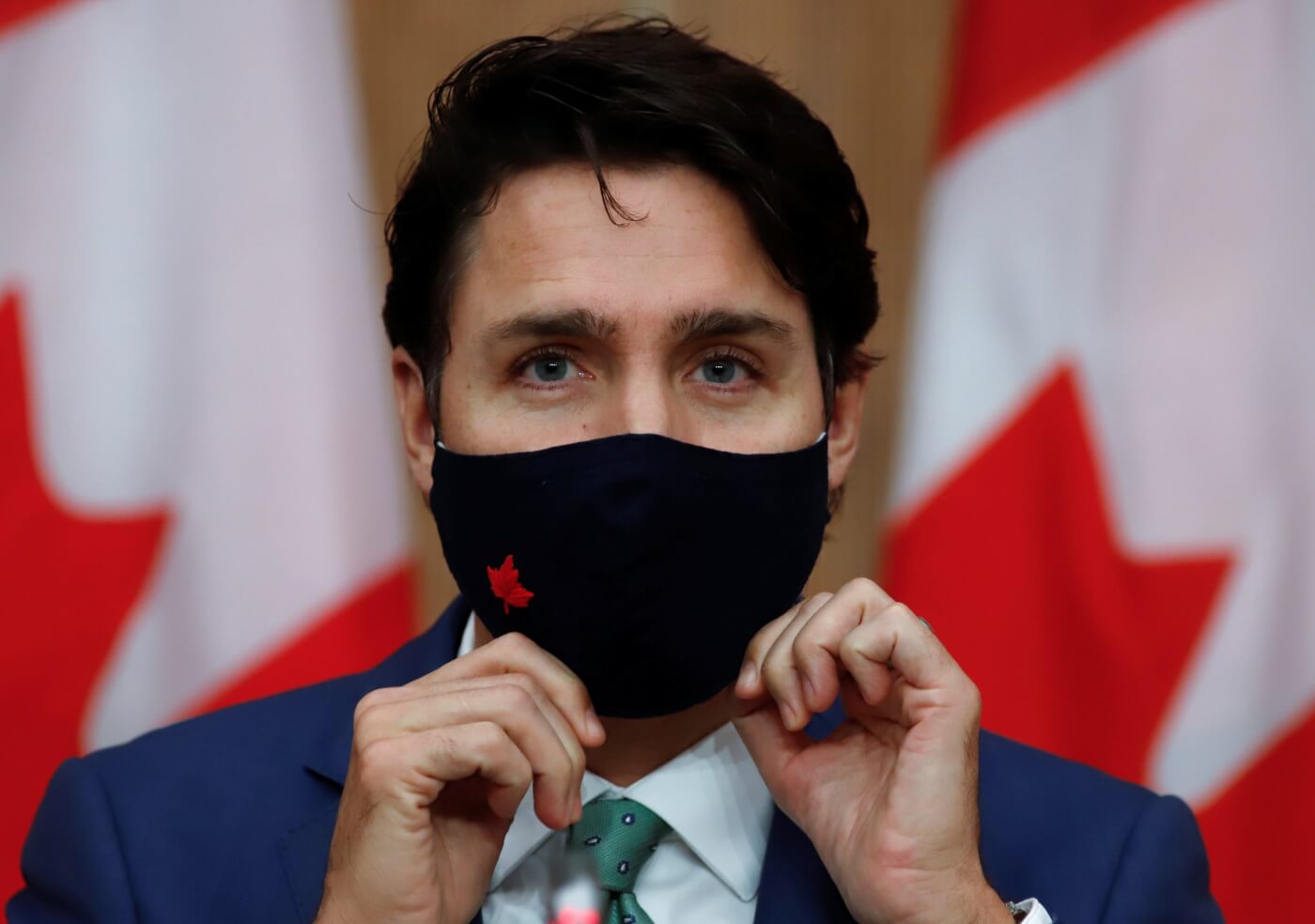On 16 November, world leaders and a coalition of governments came together for the Global Conference for Media Freedom 2020, hosted by Canada and Botswana. This is the second annual event, with it previously hosted by Canada and the UK in 2019. The event showcases a partnership of countries working together to support media freedom and advocating for the safety of journalists and media workers. All members have signed the Global Pledge on Media Freedom. This year, three new countries – Australia, Belize and Botswana – joined the 37 members of the coalition.
The Conference recognised the challenges of safe and effective news reporting with the COVID-19 pandemic, which has increased disinformation and “fake news”. Concerns were noted that some states have used the crisis “as an excuse to put in place undue restrictions on a free and independent media”, as well as undertaking “pandemic-related disinformation campaigns to undermine trust in democratic political systems.” Governments were urged to
“guarantee the freedom and independence of the media and the safety of journalists and other media professionals, as well as to refrain from imposing undue restrictions in the fight against COVID-19.”
Canadian Prime Minister Justin Trudeau underlined key issues and highlighted that media freedom is a cornerstone of democracy. Since 2015, Canada has invested $22 million in programs supporting the media and the free flow of information. Last year, Canada provided $1 million to the new Global Media Defence Fund housed at UNESCO.
The safety of journalists was also of paramount concern, as 23 journalists have been killed so far in 2020 (CPJ). Importance was also given to the additional risks faced by journalists based on their gender identity, sexual orientation or gender expression. Governments were called upon to prevent violence against journalists and media workers, and ensure accountability through investigations and bring perpetrators of such crimes to justice. There is a “worrying growth of threats both online and offline”, which intimidates and attempts to silence journalists and media organisations.
“Media freedom is essential to protecting human rights, by making human rights violations and abuses public facts.”
– Media Freedom Coalition
The Conference concluded that the potential for solutions to disinformation should be “rooted in respect for human rights, freedom of expression, and democracy.” International and regional organisations play an important role in encouraging media freedom and protecting the right to freedom of expression. The UN, UNESCO, the Office of the High Commissioner for Human Rights, the Organisation for Security and Co-operation in Europe, the Organization of American States, the African Commission on Human and Peoples’ Rights, and the Council of Europe, were all mentioned as key organisations. UNESCO and The Hague have organised the World Press Freedom Conference in the Netherlands on the 9 – 10 December 2020.
The first ever Media Freedom Award, given by Britain and Canada, was given to the Belarusian Association of Journalists. The Canadian government issued a statement, saying the group was “singled out for its ongoing commitment to journalistic ethics and principles and its perseverance and self-sacrifice in the face of increased targeted crackdowns on media in Belarus.”
Belarus has seen widespread protests since August over the election which saw incumbent President Alexander Lukashenko, who has held power since 1994, declaring himself the winner. Thousands have been arrested, four people have been killed and dozens injured. In September, Canada and Britain announced targeted sanctions against Belarusian officials for the repression of the protests.
Last month, UK-based charity Article 19 said that “more than half of the world’s population is now living in a country in which freedom of expression is categorised as “in crisis”.
The score of 51% is the worst in 20 years, and although the latest report is evaluating 2019, the trend is said to have worsened due to misinformation spread both online and off on COVID-19. Article 19 named as the worst for freedom of expression: Russia, India, Turkey, China, Iran and Bangladesh. However, the US, Brazil, Hungary and Tanzania are also “showing concerning declines.”
The Media Freedom Coalition called on members to strengthen measures to foster an enabling legal environment for freedom of expression, and seek “greater inclusion of the issue of the safety of journalists in the processes of the relevant UN and regional human rights bodies.”

